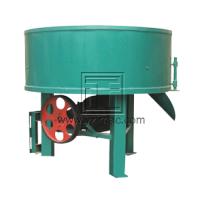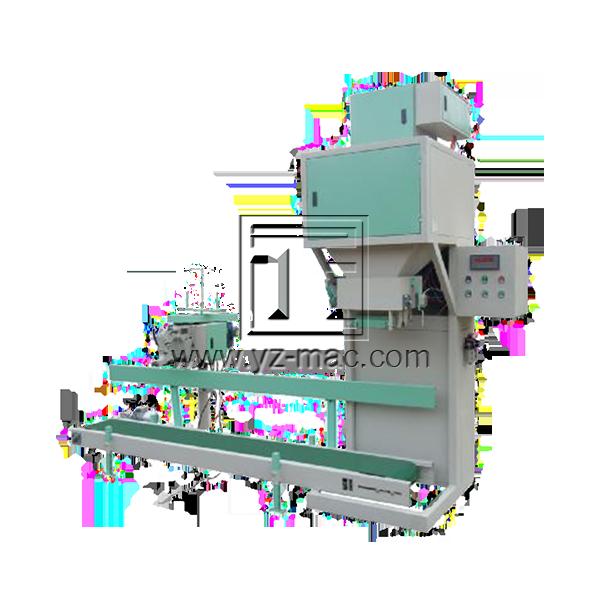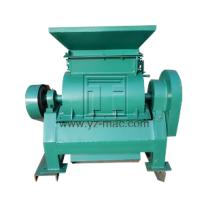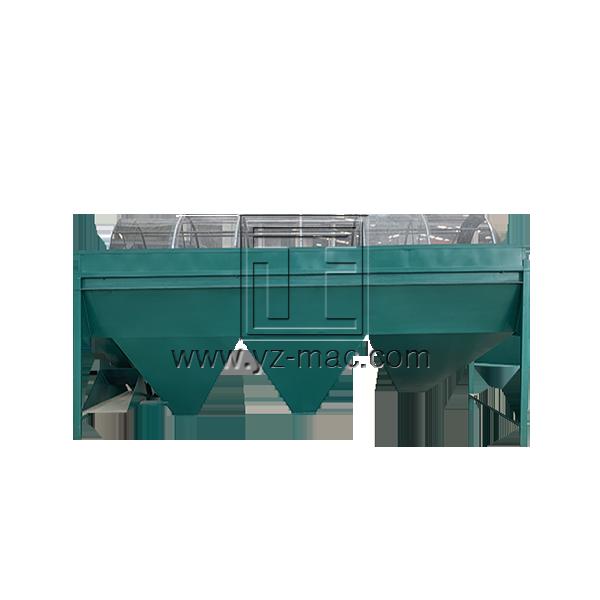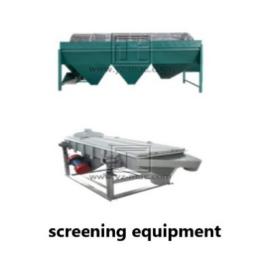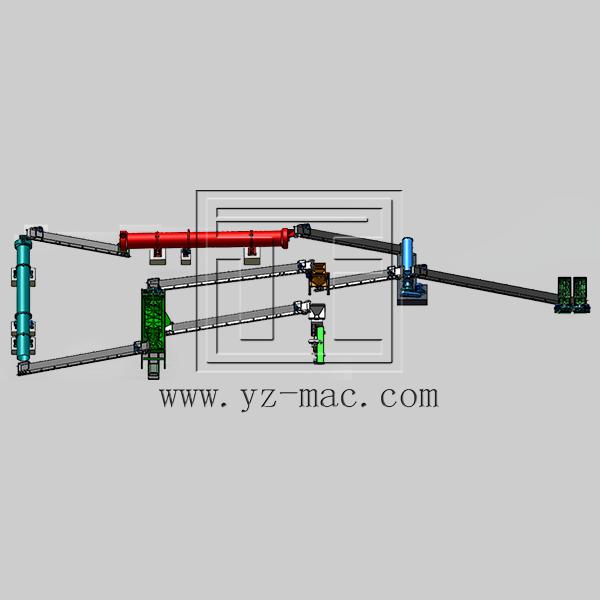Forced mixer
A forced mixer is a type of industrial mixer used to blend and mix materials, such as concrete, mortar, and other construction materials. The mixer consists of a mixing chamber with rotating blades that move the materials in a circular or spiral motion, creating a shearing and mixing effect that blends the materials together.
One of the main advantages of using a forced mixer is its ability to mix materials quickly and efficiently, resulting in a more uniform and consistent product. The mixer is also designed to handle a wide range of materials, including dry and wet materials, making it suitable for use in a variety of industries.
Additionally, the forced mixer is relatively easy to operate and maintain, and can be customized to meet specific production requirements, such as mixing times, material throughput, and mixing intensity. It is also versatile and can be used for both batch and continuous mixing processes.
However, there are also some disadvantages to using a forced mixer. For example, the mixer may require a significant amount of power to operate, and may generate a lot of noise and dust during the mixing process. Additionally, some materials may be more difficult to mix than others, which can result in longer mixing times or increased wear and tear on the mixer blades. Finally, the design of the mixer may limit its ability to handle materials with high viscosity or sticky consistency.


